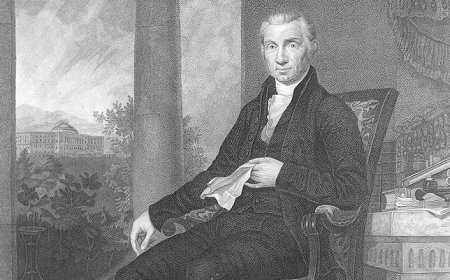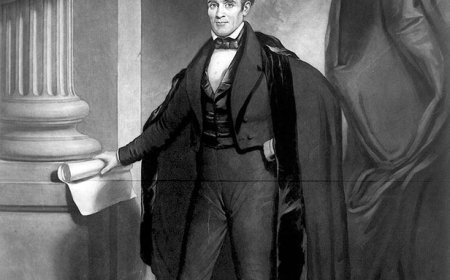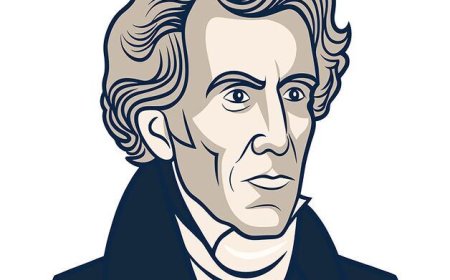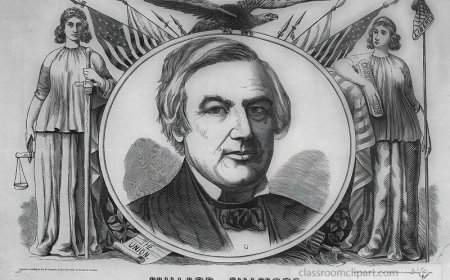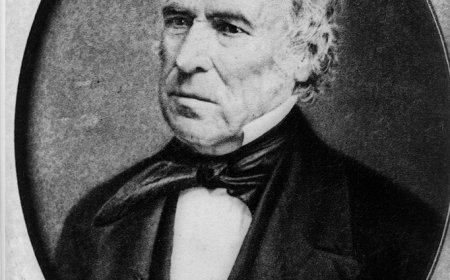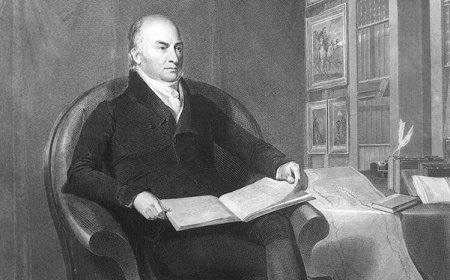Gerald R. Ford the 38th President
Learn about Gerald R. Ford, the 38th President of the United States. Discover how he led after the Watergate scandal, ended the Vietnam War, and worked to restore public trust—plus vocabulary, fun facts, a quiz, and a kid-friendly summary.
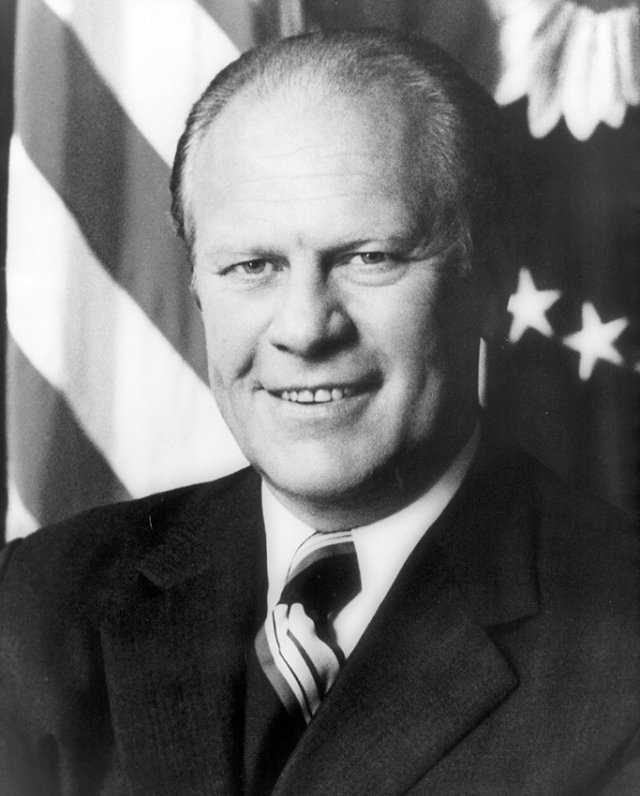
🇺🇸 Gerald R. Ford Biography for Students
38th President and the Man Who Healed a Nation
🧭 Introduction
Gerald R. Ford was the 38th President of the United States, serving from 1974 to 1977. He became president in a time of deep national crisis following the resignation of President Richard Nixon. Ford had never been elected as vice president or president, but he was chosen for his honesty, fairness, and calm leadership. His time in office was focused on healing the country, ending the Vietnam War, and restoring public trust in government.
👶 Early Life and Education
Gerald Rudolph Ford Jr. was born on July 14, 1913, in Omaha, Nebraska, but he grew up in Grand Rapids, Michigan. His birth name was Leslie Lynch King Jr., but after his mother remarried, he was renamed after his stepfather, Gerald R. Ford Sr.
Ford was an outstanding student and athlete. He played football at the University of Michigan and helped the team win national championships. After graduating, he turned down professional football offers and chose to go to Yale Law School. Later, he served in the U.S. Navy during World War II, where he earned medals for his bravery.
🏛 Political Career Before the Presidency
Ford entered politics in 1948 when he was elected to the U.S. House of Representatives from Michigan. He served in Congress for 25 years and became the House Minority Leader, which means he was the top Republican in the House. Ford was known for being honest, hard-working, and able to work with both Democrats and Republicans.
In 1973, Vice President Spiro Agnew resigned due to a scandal. President Nixon chose Ford to replace him. The Senate and House approved Ford because they trusted him. Less than a year later, Nixon resigned because of the Watergate scandal, and Ford suddenly became president of the United States on August 9, 1974.
🇺🇸 Ford’s Presidency Begins (1974–1977)
When Ford took office, the country was deeply upset over Watergate. Americans no longer trusted their leaders. Ford’s first words as president were:
“Our long national nightmare is over.”
He wanted to bring honesty, humility, and healing to the White House.
One of his most controversial decisions came just one month into his presidency. Ford pardoned Richard Nixon, which meant Nixon would not go to trial for crimes related to Watergate. Ford believed the country needed to move forward, but many Americans were angry and felt justice was denied. This decision likely hurt Ford’s popularity and may have cost him the next election.
⚔️ Foreign Policy and the End of the Vietnam War
During Ford’s presidency, the Vietnam War came to a painful end. Although the United States had removed most of its troops before he took office, the conflict continued in Vietnam. In 1975, the capital city of Saigon fell to communist forces from the North, and the war officially ended.
Ford ordered a dramatic rescue mission to evacuate American citizens and South Vietnamese allies. Scenes of helicopters flying people off rooftops became powerful symbols of the war’s conclusion.
Though it was a difficult moment, Ford handled it with calm leadership and helped Americans begin the process of healing from the war’s wounds.
💰 Economic Challenges
At home, the country faced serious economic problems. There was high inflation, rising unemployment, and slow economic growth. Ford created a plan called WIN—“Whip Inflation Now”—but it didn’t work as well as he hoped.
He also had to deal with a difficult Congress, where many of his ideas were blocked or changed. Even so, Ford worked to manage the economy and keep the country steady during a tough time.
🗳️ Election of 1976 and Life After the Presidency
In 1976, Ford ran for a full term as president against Democrat Jimmy Carter. The race was close, but Ford lost. Many believe the Nixon pardon and the poor economy contributed to his defeat. Despite the loss, Ford remained positive and proud of his time in office.
After leaving the White House, Ford stayed active in public life. He gave speeches, wrote a book, and supported charitable causes. He became known as a wise elder statesman and was praised for putting the country first during a difficult time.
Gerald R. Ford died on December 26, 2006, at the age of 93. He was the longest-living U.S. president at that time.
👨👩👧 Personal Life and Character
Ford married Elizabeth “Betty” Bloomer Ford in 1948. Betty Ford became a popular and active First Lady. She openly discussed her struggles with addiction and breast cancer, which helped raise awareness and reduce stigma. She later founded the Betty Ford Center, a treatment center for people dealing with addiction.
The Fords had four children and were known for their close, loving family. Gerald Ford was known for being kind, fair, and dependable. Though he was not a flashy or famous speaker, people admired his honesty and humility.
💬 Famous Quotes
“I am a Ford, not a Lincoln.”
—A humble way to say he was simple and down-to-earth.
“Truth is the glue that holds government together.”
—Explaining how important honesty is in leadership.
“Our long national nightmare is over.”
—His first words as president, bringing calm after Watergate.
💡 Interesting Facts About Gerald R. Ford
- He was the only U.S. president never elected as vice president or president.
- He was an Eagle Scout and proud supporter of the Boy Scouts.
- Ford played in the Rose Bowl and was one of the best college football players of his time.
- He survived two assassination attempts in 1975.
- He was awarded the Presidential Medal of Freedom in 1999.
📚 Vocabulary Words
| Word | Definition |
|---|---|
| Pardon | To forgive someone for a crime and remove legal punishment |
| Watergate | A major political scandal involving President Nixon |
| Inflation | A rise in prices that reduces the value of money |
| Evacuation | The act of removing people from danger, often during war or disaster |
| Humility | Being modest and not thinking too highly of oneself |
👧 Kid-Friendly Summary
Gerald R. Ford became president after Richard Nixon resigned. He worked hard to help the country heal after Watergate and made tough choices—like pardoning Nixon. He helped end the Vietnam War and faced big challenges with the economy. People liked him because he was honest, humble, and tried to do the right thing. Even though he didn’t win re-election, Ford is remembered as a president who brought calm and trust back to the White House.
✅ Interactive Quiz
Q1: What number president was Gerald R. Ford?
A. 36th
B. 37th
C. 38th ✅
D. 39th
Q2: How did Ford become president?
A. He was elected by voters
B. He took over after Nixon resigned ✅
C. He won a special election
D. He was vice president for two terms
Q3: What major decision hurt Ford’s popularity?
A. Sending troops to Europe
B. Raising taxes
C. Pardoning Richard Nixon ✅
D. Closing schools
Q4: What happened at the end of the Vietnam War during Ford’s presidency?
A. The U.S. won the war
B. South Vietnam surrendered ✅
C. The war continued
D. China took control
Q5: What is Ford most admired for?
A. Being funny
B. Being rich
C. Being honest and steady ✅
D. Being a great singer
Scoring:
5/5 = ⭐ Ford Facts Master
3–4 = 👍 Nice Effort
1–2 = 📘 Time to Review




















































